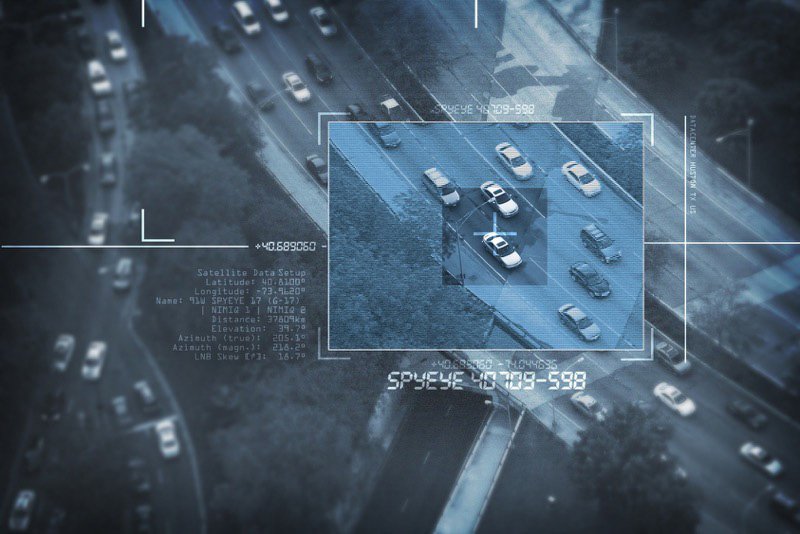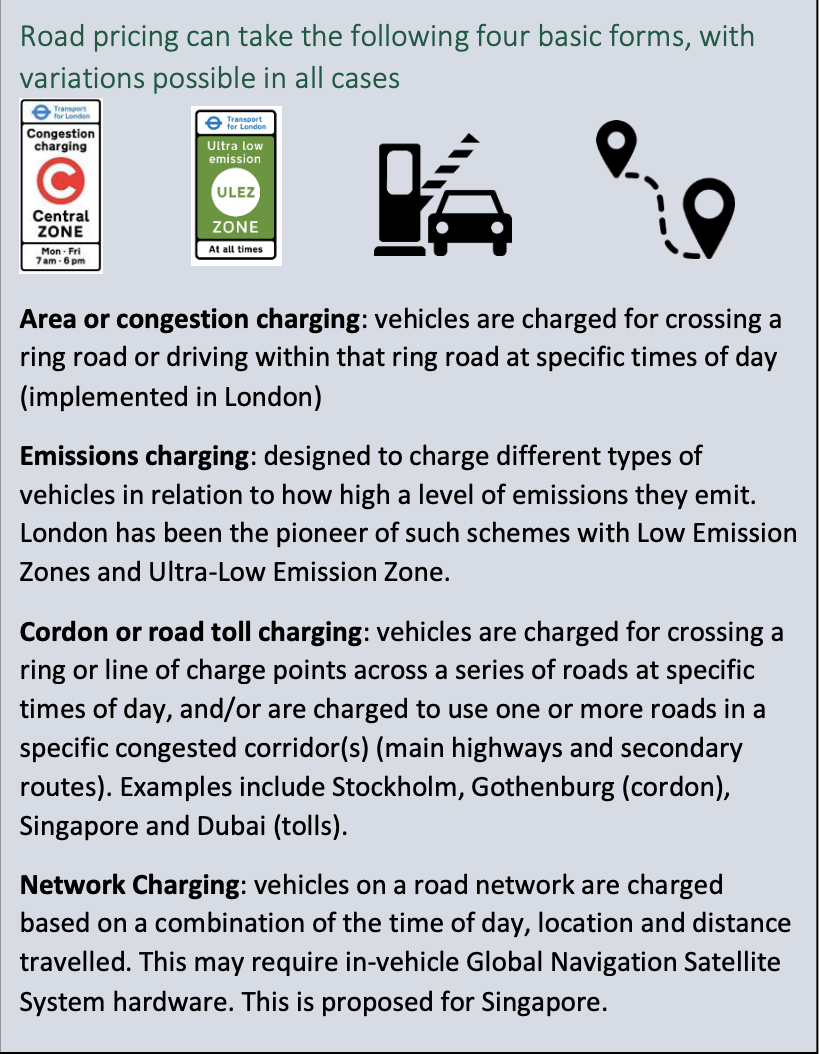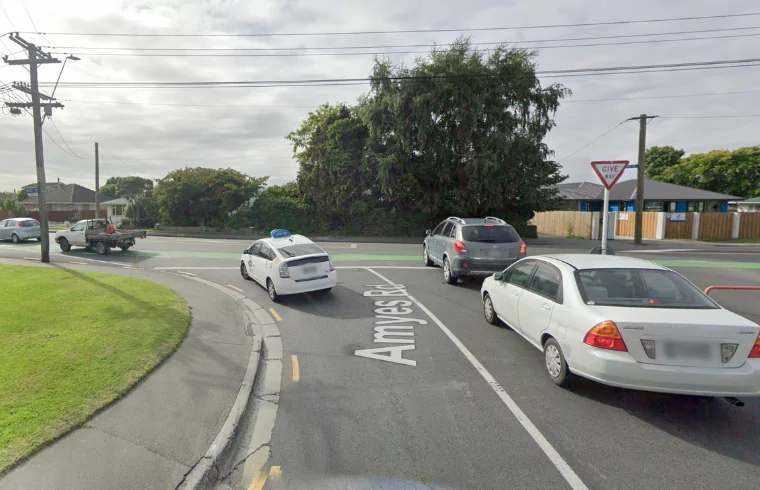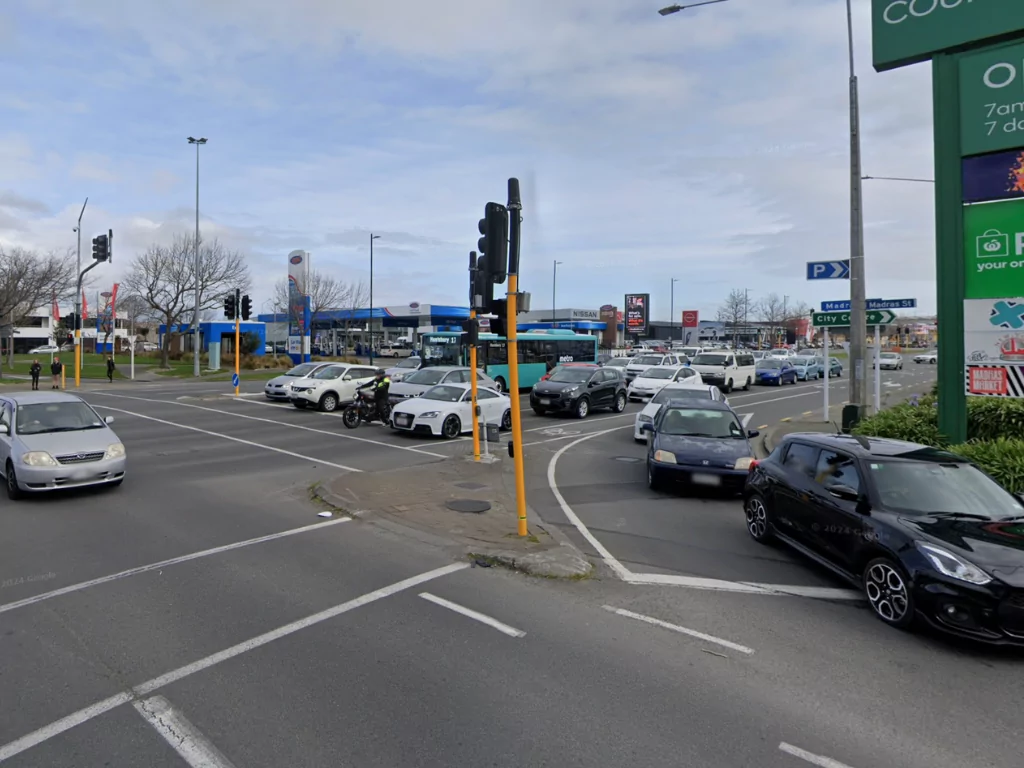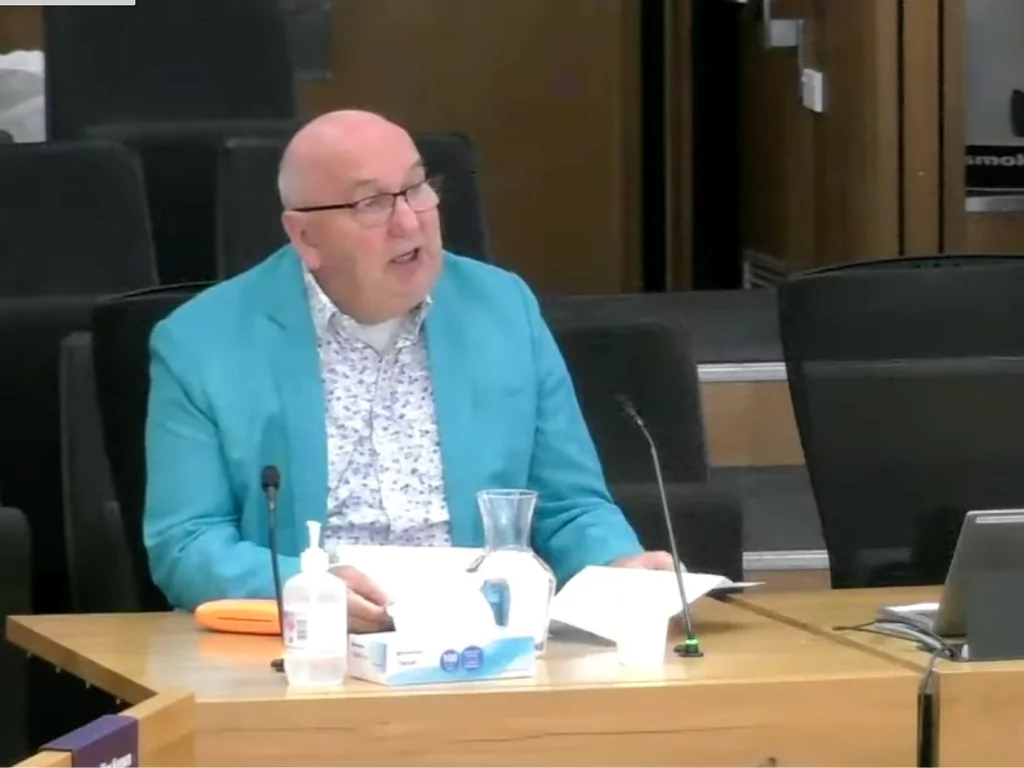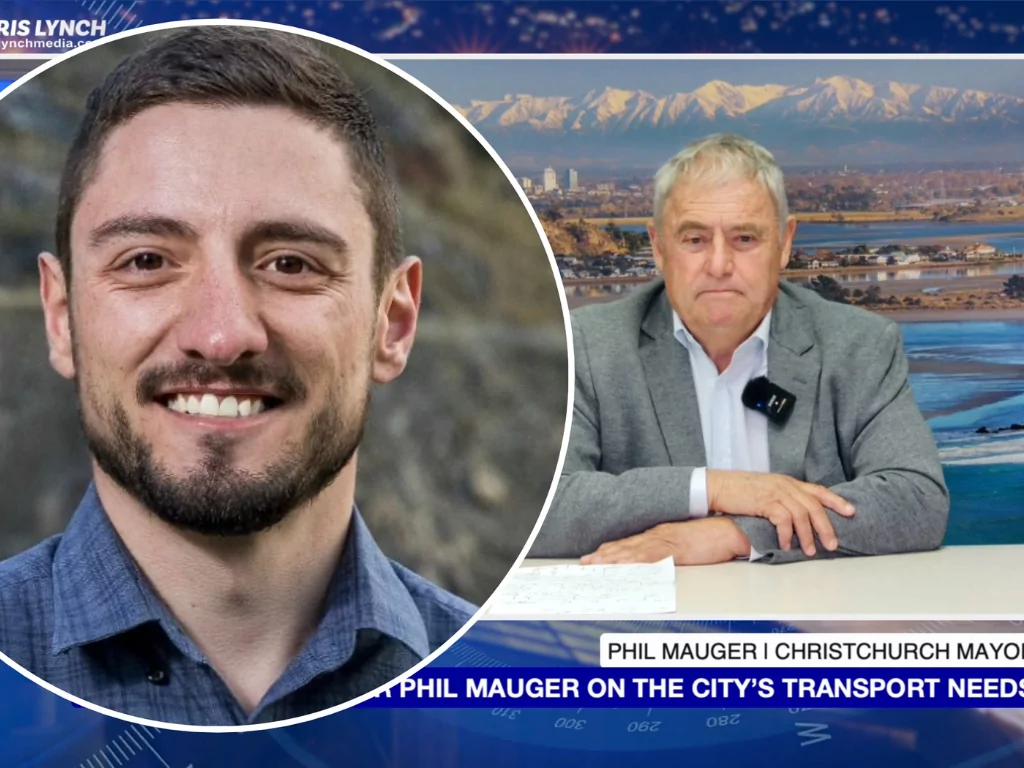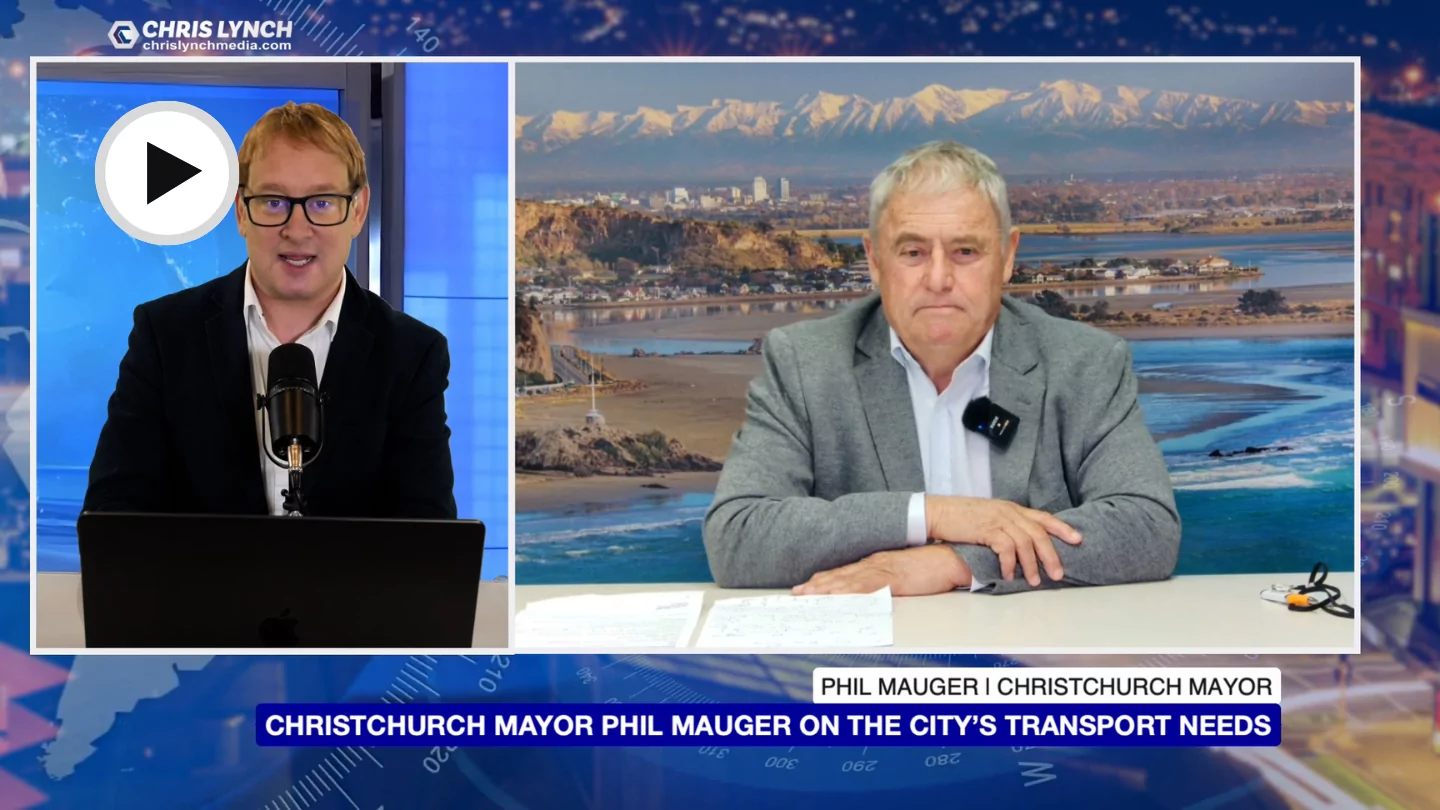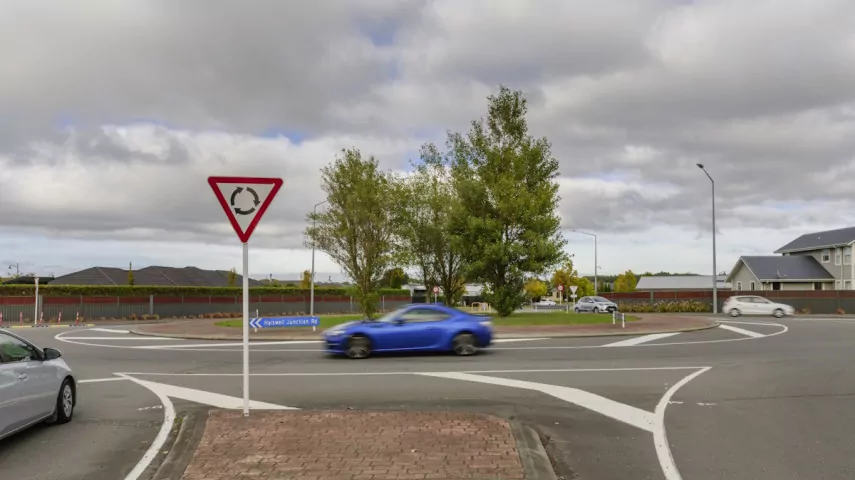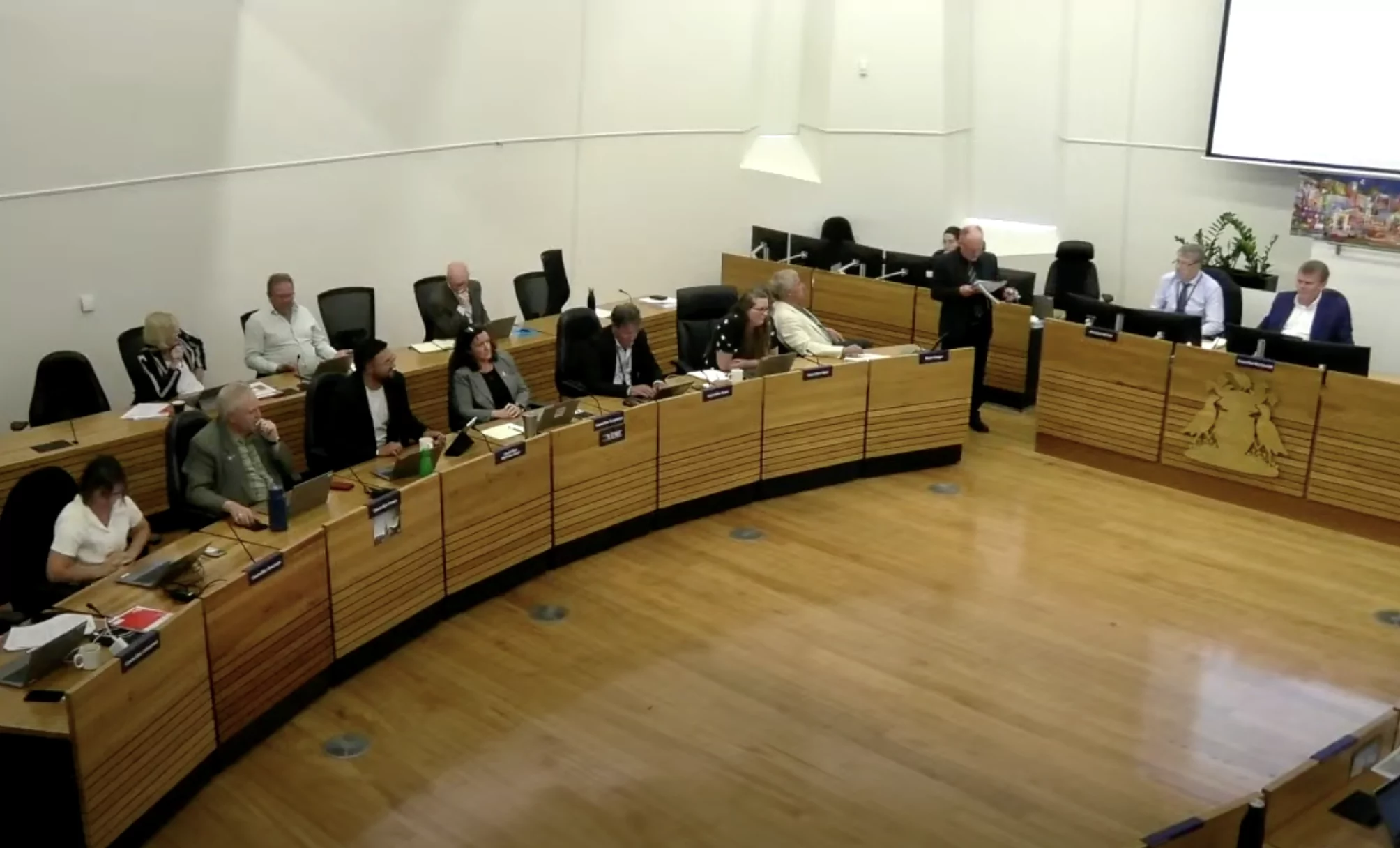Privacy and legal analysts have criticised the Christchurch City Council for considering satellite-based navigation systems to track Christchurch motorists.
It’s one idea being considered in the council’s unfinished draft transport plan, with the aim to make drivers pay more money.
Councillors Phil Mauger and Aaron Keown forced the council to release the plan, despite reluctance from council staff.
The report recommends ways to make driving as unattractive as possible to force residents off the roads and into public transport.
The plan aims to reduce distances travelled by cars and light vehicles by 20% by 2035.
The council document said road pricing will play a key role in reducing emissions, alongside changes to land use and investment in public transport.
Source: Christchurch City Council
“Road pricing means that motorists pay directly for driving on a particular roadway or in a particular area, for how much they drive and when.
The report said road pricing can reduce congestion by encouraging people to travel in different ways and at different times, and choose alternatives to the car.
“Although congestion is not currently a major problem in Christchurch, it will become an issue if our growth continues at the same rate and our travel patterns do not change.”
It said road pricing will contribute towards reduced emissions as one tool to incentivize changed travel behaviour, away from cars and towards public and active transport.
People pay for roads based on how much fuel they use (fuel excise) and how many cars they own (vehicle registration), not based on how far and when they drive. This means that there is currently no price.
New legislation would be required for the full implementation of road pricing.
The report mentions network charging where drivers are charged based on a combination of the time of day, location and distance travelled.
“This may require in-vehicle Global Navigation Satellite System hardware. This is proposed for Singapore” the council report said.
Singapore will switch to a satellite-based electronic road pricing (ERP) system next year.
All drivers in Singapore will have a Global Navigation Satellite System installed in their vehicles.
The system aims “manage traffic congestion through distance-based road pricing, where motorists are charged according to the distance travelled on congested roads.”
When satellite-based ERP Systems was mooted, there were worries about surveillance and potential breach of privacy.
In a statement posted online in December 2013, opposition party Singapore Political Party expressed concern the satellite system will be used to track vehicles for “unwarranted surveillance”.
Privacy Commissioner Michael Webster had concerns about the system too. On Friday afternoon he issued a statement saying “this proposal would require significant legislative change.
Privacy Commissioner Michael Webster
It raises concerns about intrusion into individual privacy, and we would expect the Council to carry out a full privacy impact assessment before any serious consideration was given to this proposal.”
Councillor Aaron Keown said “for some councillors to say that parts of the plan are not radical shows you how out of touch they are with the majority of ratepayers.
The council plans to gather significant revenue in its bid to price people out of using cars.
This should send alarm bells through the community, especially for those on lower incomes as they will be priced out of cars first.”
Alan Knowsley, Partner at Rainey Collins Lawyers said the concept was concerning.
“Freedom of movement without being tracked is not something to be given away lightly just to justify road user charges.
If your vehicle is tracked who will have access to that data? Will it only be the City Council? Will it be a private contractor? Will it be shared with other agencies eg Police, IRD. What protections will be in place?
Will it be used for other purposes? If not now, when? Who will prevent that from happening?
Having a GPS in your phone means its location is known via cell tower triangulation.”
Knowsley said “adding a GPS compulsorily to your car opens a whole raft of civil liberty questions.
How infrastructure is paid for is a whole other area of concern.
Alan Knowsley, Partner at Rainey Collins Lawyers said the concept was concerning. Photo: Supplied
User pays vs general taxation and the ability of everyone to have access to infrastructure like roads without additional direct cost that only some can afford is another concern.
There are protections in place under the Privacy Act and Local Government Official Information and Meetings Act to prevent disclosure of information.
The Privacy Commissioner oversees the protections under the Privacy Act.
These can be enforced in the Human Rights Review Tribunal but that usually requires the individual to find that legal challenge themselves” Knowsley said.
The Ombudsman oversees the LGOIM Act but they are not resourced to deal with issues in a speedy way.
Making a complaint to the Ombudsman and having that determined is a prerequisite to issuing proceedings in Court but their processes can take a very long time to even get an investigation underway.“
